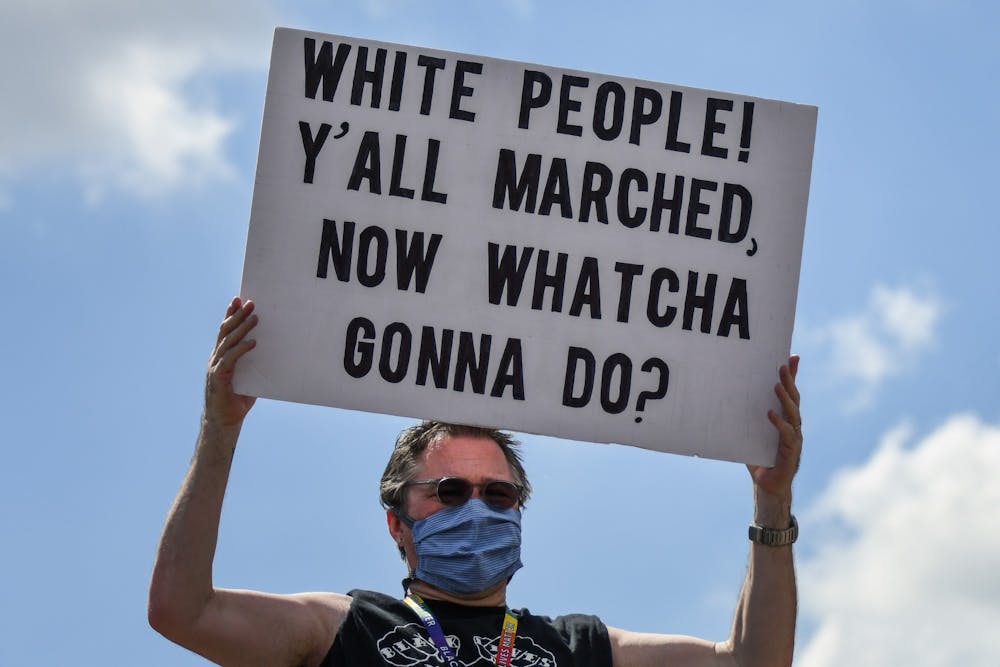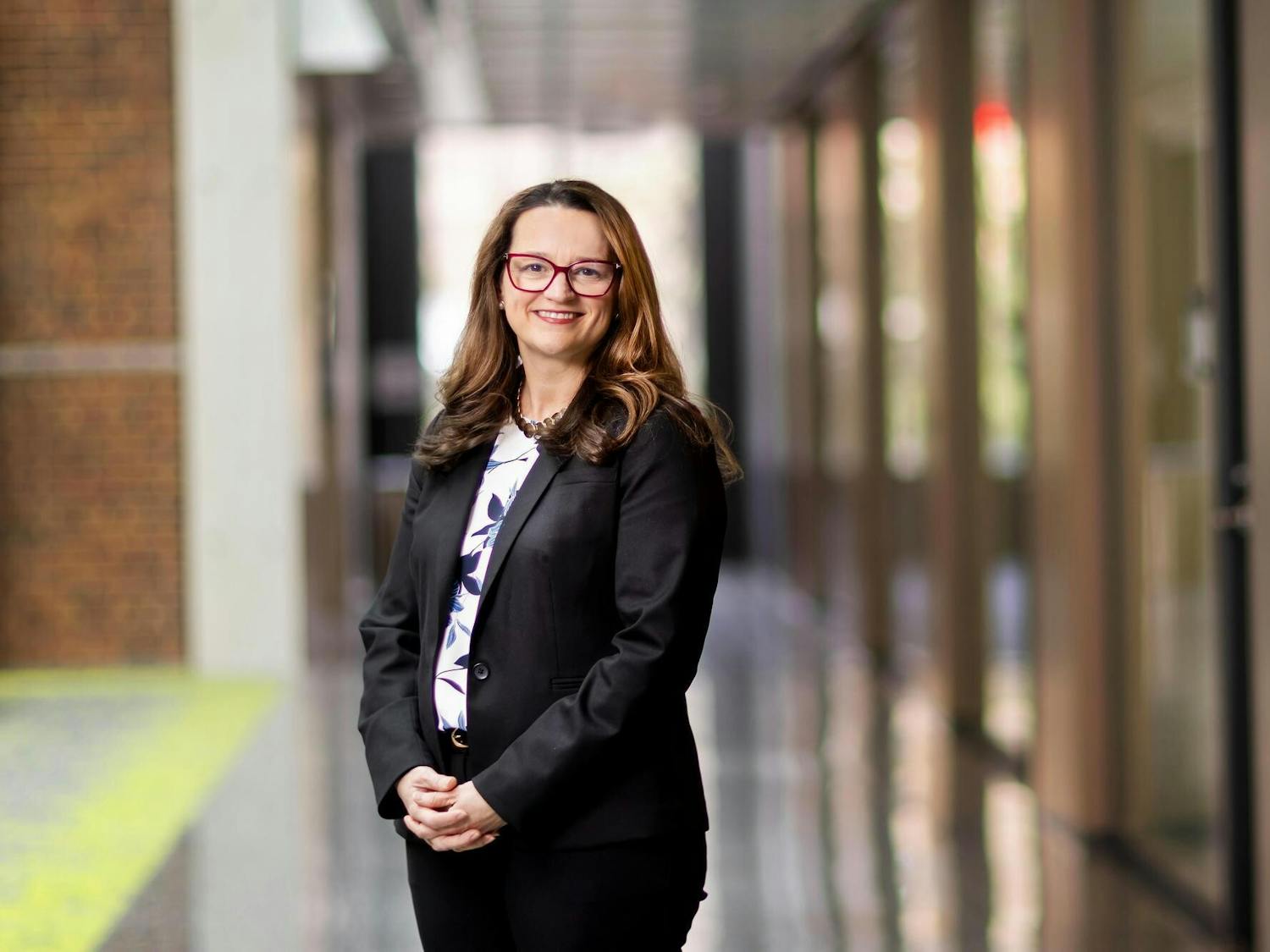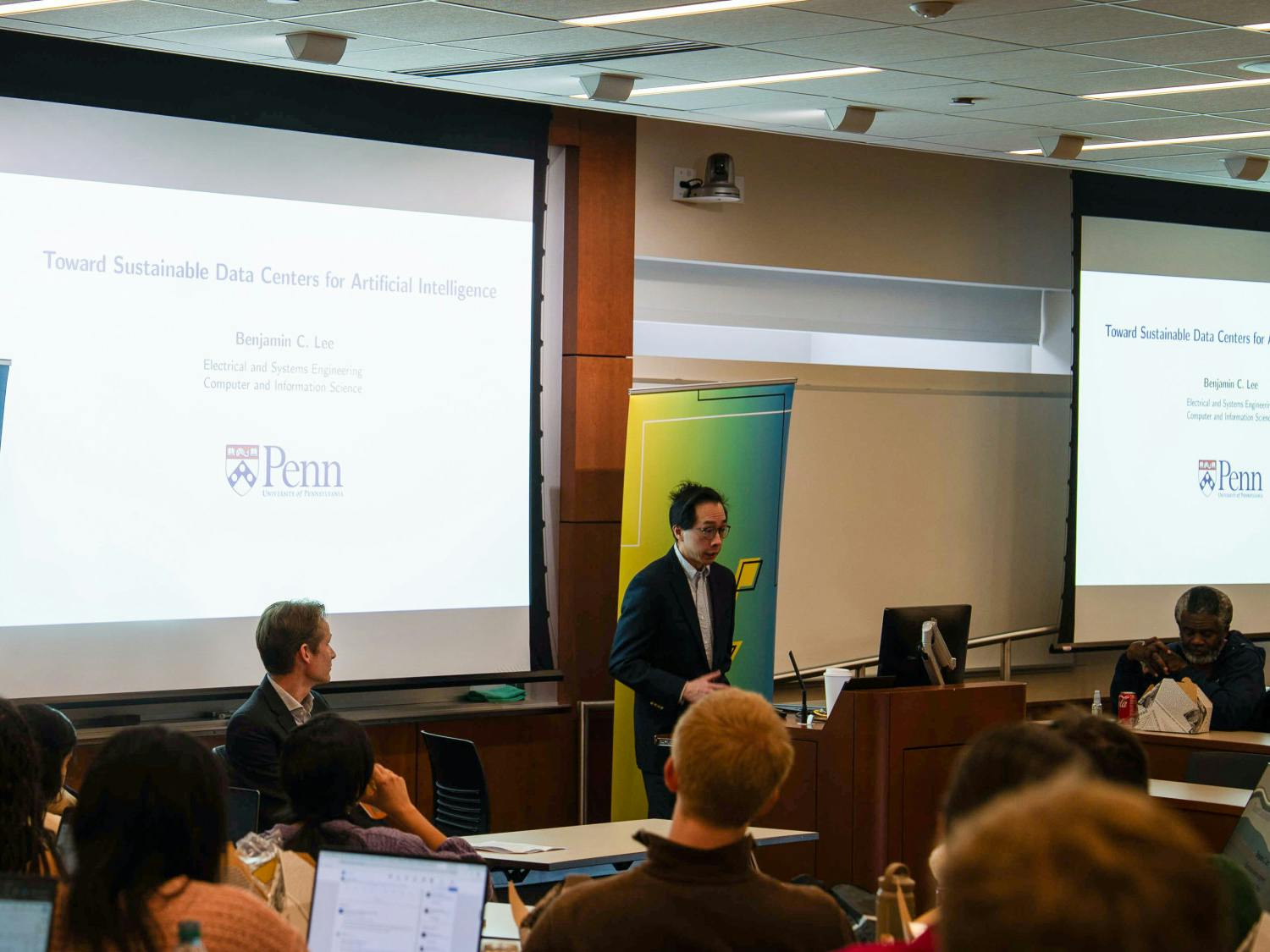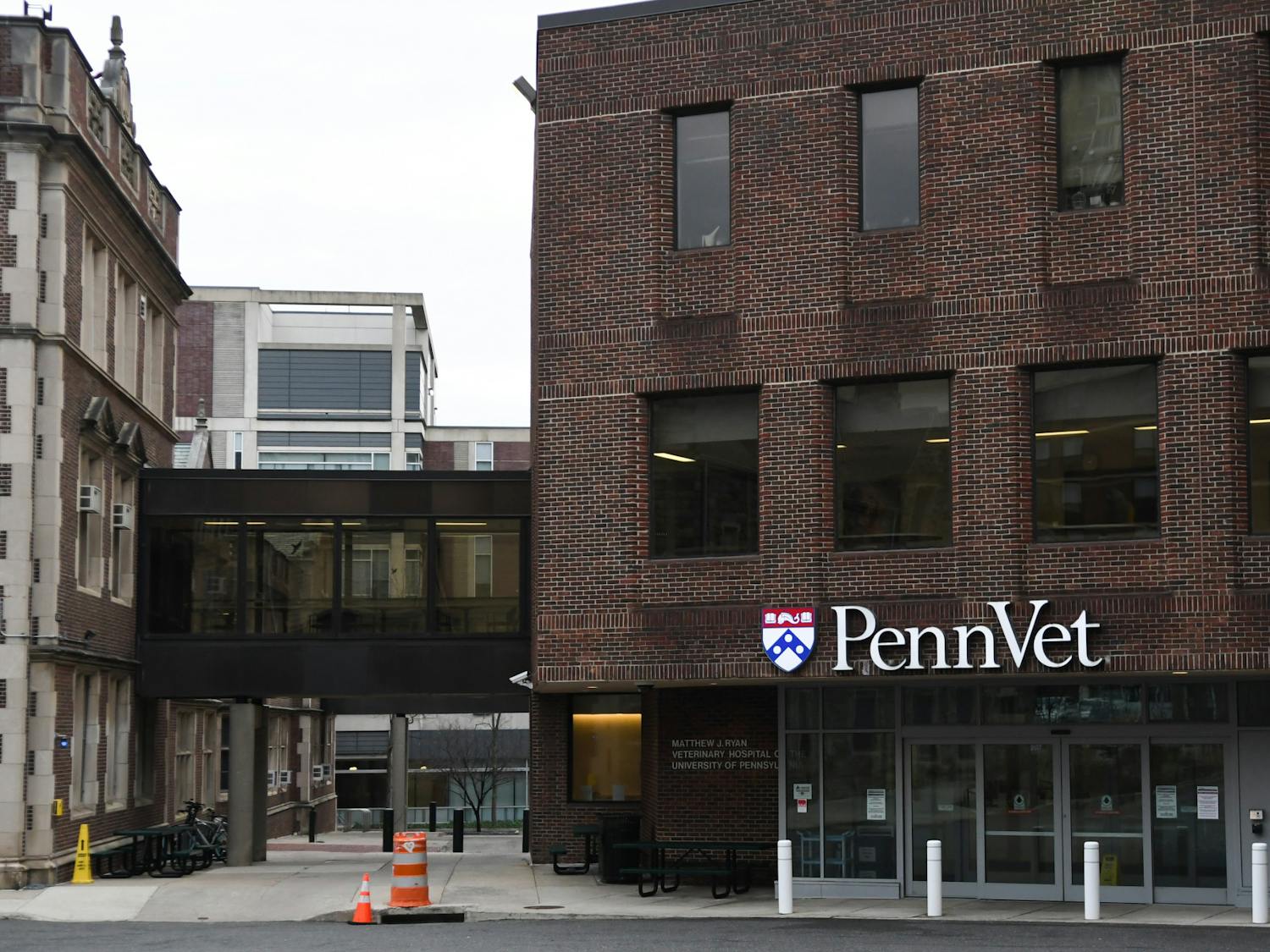In the fight for racial justice and systematic reform, Penn students and graduates are finding themselves learning how to be effective allies to the Black Lives Matter movement.
Allyship requires individuals who are not members of a marginalized group to actively fight the oppression of marginalized individuals. In the Black Lives Matter movement, non-Black allies are protesting, educating themselves and others, donating their time and money, and using their privilege to uplift the voices of the Black community.
Performative allyship, however, is when individuals engage in activist work or post on social media to show that they care about an issue, even if it is not important to them.
2020 College graduate and 2019 Vice President of Beyond Arrests: Re-Thinking Systematic Oppression Jordan Andrews said that while social media can be helpful in finding allies, uploading supportive posts without a true intent or to simply appease others can be detrimental to the cause.
“They'll say something like ‘Black Lives Matter’ in Instagram posts, but then they'll continue to associate with people that have active biases, or they have active biases themselves, or they're not speaking up for people or they're not really critically analyzing systems and institutions that subjugate Black lives,” Andrews said.
Rising College sophomore and Penn Democrats Communications Director Emma Wennberg added that while social media can be a helpful tool, it allows people to mindlessly post without engaging in self-reflection.
Wennberg said that while people should read about what it means to be an effective ally, she believes people who read and share the information do not necessarily act on it in their own lives.
“We're all complicit to varying degrees and until we really do the critical self-reflection and change, then we're not going to get anywhere," Wennberg said. "Lazily sharing Instagram-ready graphics are a way for people to pat themselves on the back without really doing the hard work that's needed of us.”
RELATED:
Broken teeth and tear gas: Police attack Penn grads, students at Black Lives Matter protest
Black Pre-Law Association compiles courses and resources for allies, Black students
In recent years, some activists have called for the replacement of the term "ally" with words such as "accomplice," "co-conspirator," and "comrade." The transition from using "ally" stems from the concept of performative allyship, and how people have used the word to describe themselves without truly fighting for change.
“Ally can often be an empty term used by people as somewhat of a cop-out, and I don't think it carries the full weight of what is especially required of us at that moment, because it is actually important that we give up some of our privilege,” Wennberg said. “Ally can be dangerous because it implies no sacrifice on the part of the people in power.”
Rising College sophomore and DP Opinion Columnist Emilia Onuonga said, however, that ultimately, the term people use to describe themselves is less important than the actions they take to support marginalized communities.
“The terminology, to me, doesn't matter that much. I think we just have to hammer in the meaning of what it means to be a true ally,” Onuonga said. “It's not enough to be not racist, you have to be anti-racist.”
Being anti-racist requires people to actively fight against racism, rather than just ridding themselves of racist attitudes, beliefs, and behaviors, according to CNN.
“The way that you know that you're a good ally is if you’re not just being an ally when you feel like all eyes are on you,” Andrews said.









